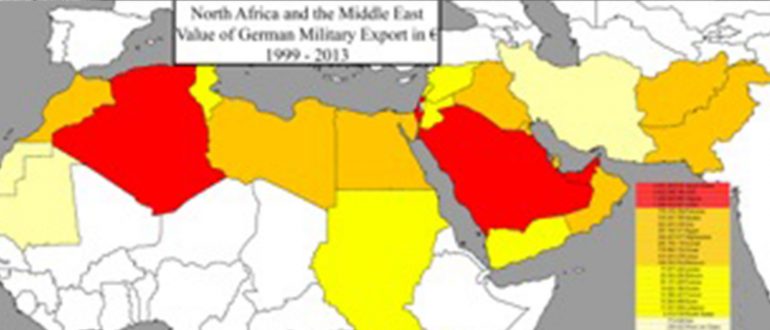An unfinished act – The US-Colombia Free Trade Agreement
On Friday October 21st, United States President Barack Obama signed into law three major Free Trade Agreements (FTAs) with South Korea, Panama and Colombia after Congress had approved these deals some ten days earlier. While in the two former cases the bilateral discussions that anteceded the closure of the agreements had been dominated by purely economic considerations, the ratification of the US-Colombia FTA had faced the possibility of yet another postponement due to major concerns over Colombia’s Human Rights record.
The struggle over the adoption of the Colombo-American deal had been fought feverously between leftist lobbying groups and conservative advocates in both countries for more than five years.
In the US, opposition against the FTA was turning around the argument that before rewarding Bogotá with the benefits of the deal the country should increase its commitment to ensuring the basic human rights of those caught between the lines of its internal conflict – paying special reference to trade unionists, which are getting killed in the dozens every year. As President Obama expressed his support for this viewpoint during his campaign in 2008, there is no need for a forensics team to assert that the recent move of approval has been, amid dim economic conditions, literally a victory of business over human rights considerations. Some of the mentioned lobbying groups have now announced their willingness to continue to challenge the legality of the act.
Meanwhile, although the Colombian congress itself ratified the FTA in as early as 2007, socialists and representatives of the agricultural industry in the country are even unsure whether the framework will really yield the promised long term economic benefits. For the five years of bilateral deliberations, Colombia repeatedly committed itself to modernizing its infrastructure and ports to cope with the forecasted increased in- and outflow of goods. But poor enforcement of the plan as well as several corruption scandals prevented Bogotá from making any progress in that area. Fears, that this backlog could heavily shift the gains of the FTA unilaterally towards the US are joined by concerns over whether Colombia’s farmers will actually be capable of competing with agricultural imports from the US.
As these discussions demonstrate, the dispute over the US-Colombian FTA is going to continue for a while and might even bring – at whose end is probably everybody’s guess – the eventual implementation to a halt.
Lukas Keller

